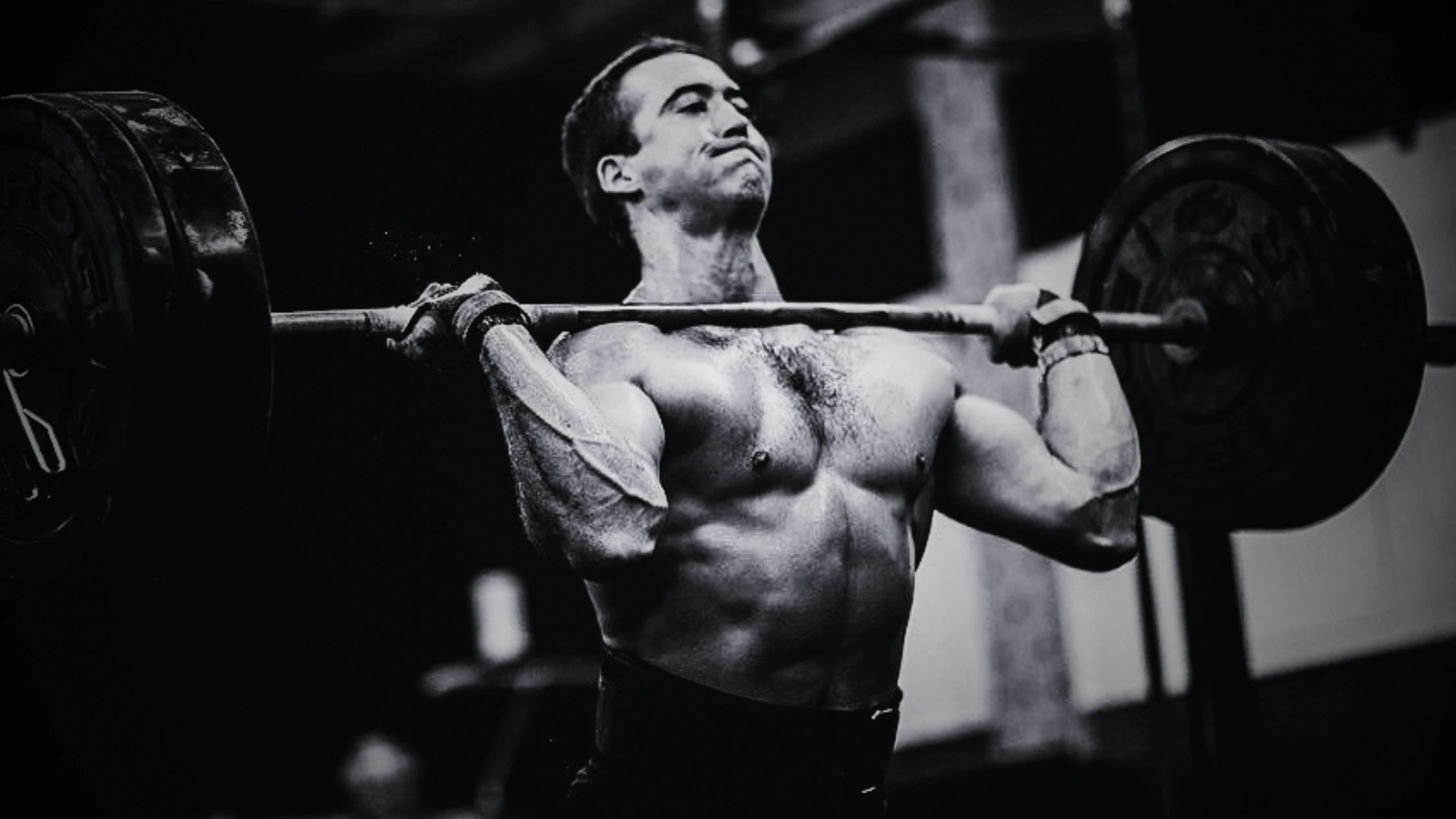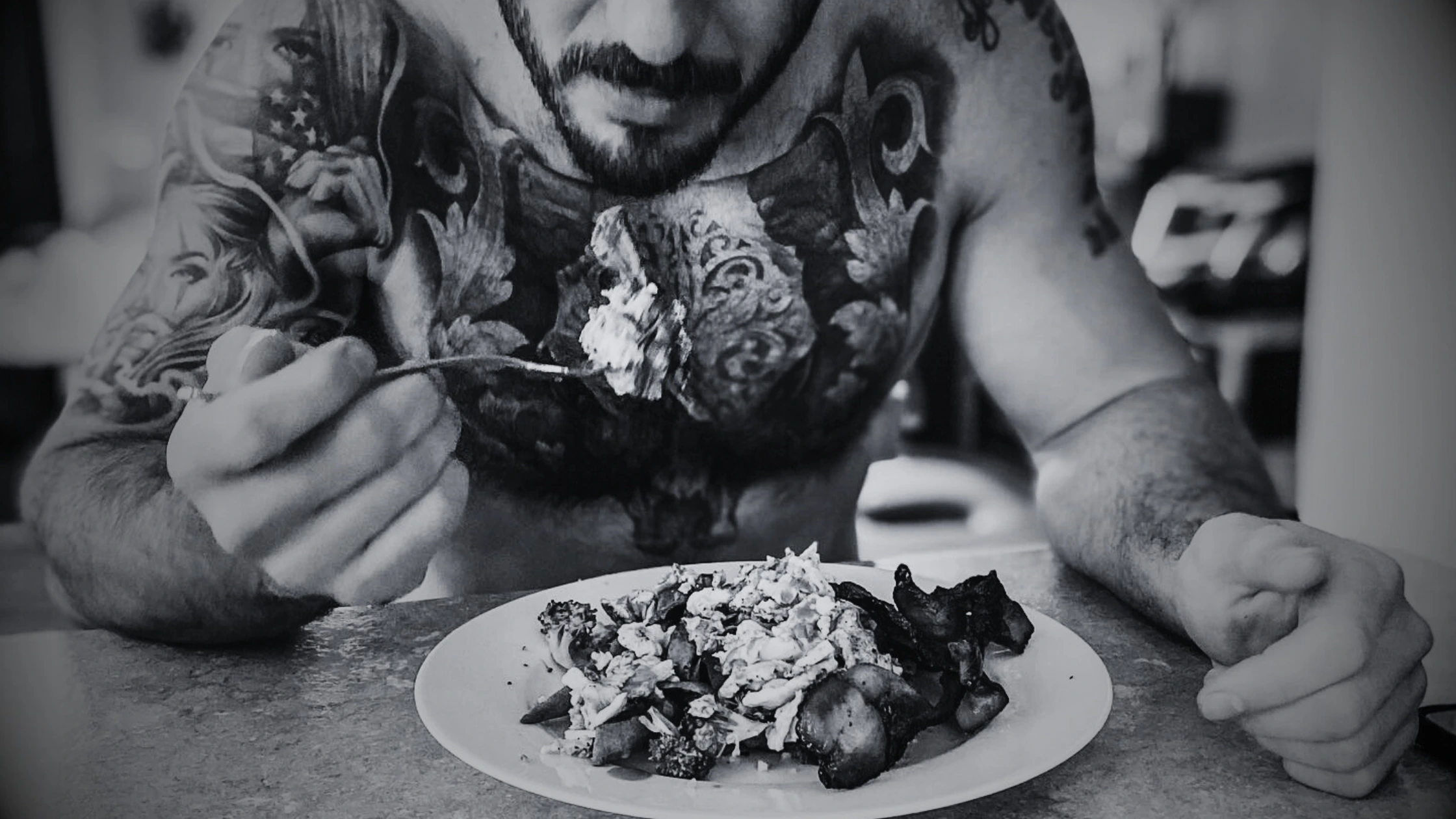CrossFit is a high-intensity, constantly varied training style that pushes your body through heavy lifts, fast-paced conditioning, and complex movements. But no matter how hard you train, without proper nutrition, you won’t see the results you want. To fuel your body for performance, recovery, and progress, your diet needs to align with your training. This raises a common question: Do CrossFit athletes follow a strict diet?
The truth is, it’s not about following a rigid, one-size-fits-all plan. The key here is consistency and ensuring your nutrition aligns with your specific goals—whether that’s building muscle, boosting endurance, or recovering faster. While some CrossFit athletes adopt stricter eating plans like the Zone or Paleo diets, others focus on balanced macros that fit their lifestyle and training demands.
Let’s break down how CrossFit athletes approach their diet to maximize performance.
A General Approach to CrossFit Athlete Nutrition
When it comes to CrossFit, your nutrition needs to work just as hard as you do. It doesn’t solely depend upon what you eat, but when you eat it. As a CrossFit athlete, you’re burning serious calories, so your body needs the right fuel to keep you going strong. This means finding a balance between your macronutrients—carbs, protein, and fats.
The Balance Between Macronutrients
Carbs are your go-to energy source, especially for those intense WODs, while protein is crucial for muscle recovery and growth. And let’s not forget fats, which keep your energy steady throughout the day, especially when you’re not in the middle of a workout.
Importance Of Timing
But timing is key. Your pre-workout meal should give you the energy to crush that workout, while post-workout nutrition is all about helping your muscles recover. And of course, rest day meals play a role too—just because you’re not in the gym doesn’t mean you can slack off on fueling your body.
Eventually the goal is simple: support muscle recovery, maintain energy levels, and keep that performance high across every training session. Proper nutrition is what’s going to help you show up, day in and day out, ready to hit it hard.
Strict vs. Flexible Dieting In CrossFit
Speaking of fueling up, CrossFit athletes often debate between going strict or keeping things flexible. Some stick to rigid plans like the Zone Diet or Paleo, which give clear guidelines and structure—perfect if you like dialing in every meal and staying in control. But let’s be real, for some, that kind of routine can feel like a never-ending AMRAP—tough to maintain and not much fun.
On the flip side, there’s flexible dieting, like IIFYM (If It Fits Your Macros). With this approach, you focus on hitting your protein, carb, and fat targets without stressing over specific foods. Want to fit in a post-WOD treat? Go for it, as long as it fits your macros.
Thus, in CrossFit, it’s less about strict rules and more about finding what works for you. Whether you’re tracking every bite or taking a more relaxed approach, as long as you’re fueling right, you’ll stay on track to crush WODs, hit PRs, and recover like a champ.
The Role of Protein and Supplements
Protein is essential for every CrossFit athlete, especially after an intense WOD. The heavy lifts, fast-paced MetCons, and high-impact movements cause micro-tears in your muscles, and protein is key to repairing and rebuilding them. Without enough protein, recovery slows down, and instead of building strength, you risk losing it.
To stay on track, CrossFitters usually aim for consistent protein intake throughout the day, often using post-workout shakes to kickstart recovery when a full meal isn’t available. Along with protein, key supplements play a vital role in performance and recovery.
- Creatine boosts strength and power, making it ideal for heavy lifting and explosive movements.
- BCAAs help reduce muscle soreness and speed up recovery, especially for athletes who train multiple times a week.
- Fish oil, packed with omega-3s, is great for reducing inflammation, improving joint health, and supporting mobility —keeping athletes resilient and ready to train harder.
While supplements aren’t a substitute for proper nutrition, they can fill in the gaps and give you an edge in recovery and performance. The key is to choose quality products that align with your training goals.

Managing Energy Levels for High-Intensity Workouts
Managing your energy levels during high-intensity CrossFit workouts is essential. The primary fuel your body depends on during those intense WODs is carbs. Carbs provide the quick bursts of energy needed for everything from sprints to powerlifting.
To keep your energy up, athletes manage their carb intake both before and after training. Before a WOD, having a carb-rich meal or snack about 30 to 60 minutes ahead gives you the fuel to power through your workout. Post-workout, carbs help replenish the glycogen stores you’ve burned through, allowing you to recover faster and feel ready for the next session. While getting the balance right with carbs can help you stay energized, perform at your best, and recover efficiently.
Special Considerations for CrossFit Athletes
CrossFit athletes need to tailor their diet based on their specific goals, be it fat loss, muscle gain, or improved performance.
-
Fat Loss Goals
To lose fat, you’ll want to create a slight calorie deficit while still fueling your workouts. Focus on high-protein meals to preserve muscle while cutting fat.
-
Muscle Gain Goals
If building muscle is your goal, a calorie surplus is necessary. Along with extra calories, you’ll need more carbs and protein to support muscle growth and recovery after intense sessions.
-
Performance and Training Volume
Training volume and intensity directly affect your nutritional needs. The more you train, the more fuel your body requires.
- On high-volume days, increase your carb intake to provide energy, and make sure you’re getting enough protein to recover properly.
- On lighter days, you can dial back your carbs but keep your protein and fats consistent.
The trick is to adapt your diet based on how you’re training and what your body needs to keep performing at its best. Listen to your body, adjust your intake accordingly, and always prioritize quality fuel to reach your goals.
Do CrossFit Athletes Follow a Strict Diet? Reddit Opinions
When it comes to how strict CrossFit athletes are with their diets, Reddit is full of opinions from those living the fitness life. Some users swear by tracking every macro, while others admit to sneaking a cupcake here and there. Here’s a breakdown of what Redditors had to say:
One user kicked things off by admitting they follow a mostly clean diet but can’t resist fried chicken or the occasional cupcake. While they’re in good shape, they wondered how the “ripped” crowd handles things.
Another Redditor chimed in, saying they’d been at 10% body fat without religiously counting macros—just eating healthy and staying consistent. They did note, though, that some CrossFit athletes who appear shredded might be getting a little help: “You’d be surprised how many are juicing.”
For some, diet isn’t the whole story. “I’m ripped and eat whatever I want,” said one user, who admitted their friends have to work much harder to achieve similar results. It’s a reminder that no two bodies are the same.
A more disciplined CrossFitter shared their long-term approach: “I eat mostly meat, veggies, nuts, and seeds. No sugar, soda, or chips. But I’ll still have pizza on Fridays and a cupcake at your birthday party.” They credit consistency and activity for staying lean year-round.
Another contributor detailed their strategy: “I follow the RP diet about 90% of the time but still enjoy a crumbl cookie once a week. Balance is key.” They’ve found a way to stay disciplined without sacrificing the occasional treat.
Not everyone’s diet is strict. One Redditor summed it up perfectly: “I’ve got a six-pack, eat constantly, and don’t stress over it. My workouts and lifestyle keep me fit without turning food into a full-time job.”
The consensus? CrossFit athletes adapt their diets to fit their goals, genetics, and lifestyle. For some, it’s all about structure; for others, it’s about balance. At the end of the day, the “strictness” of your diet depends on what works best for you.
Bottom Line
A well-structured, athlete-focused diet is essential for CrossFit athletes to optimize performance, support recovery, and reach specific fitness goals. Stick to a plan that works for you, make adjustments when needed, and stay committed to fueling your body the right way. The small, consistent choices add up to big, long-term success and sustainable progress.

